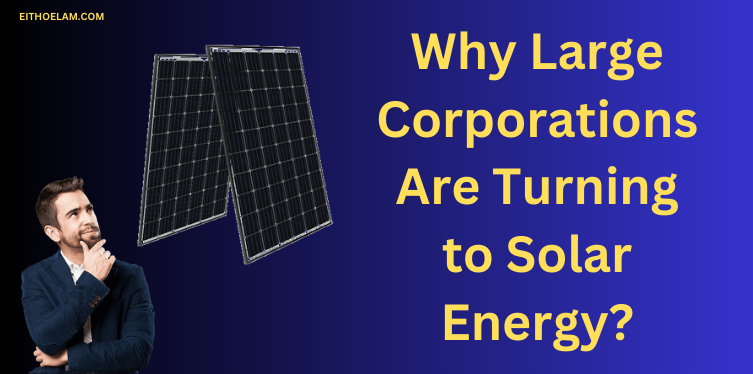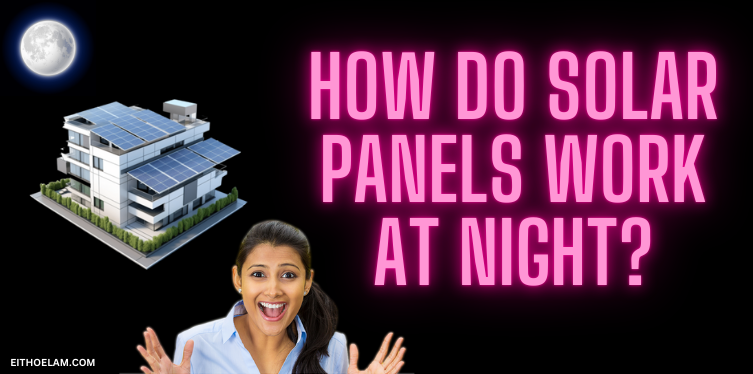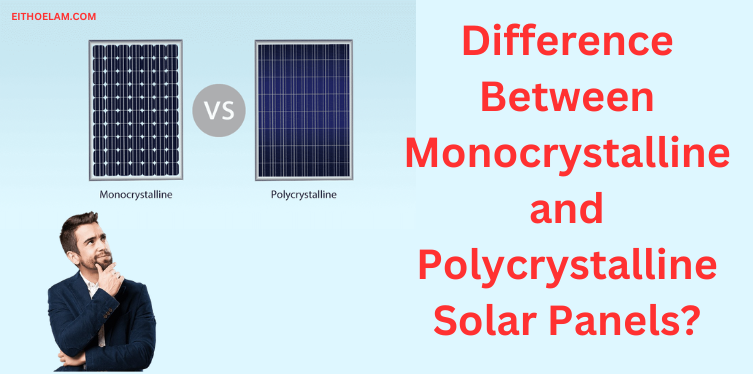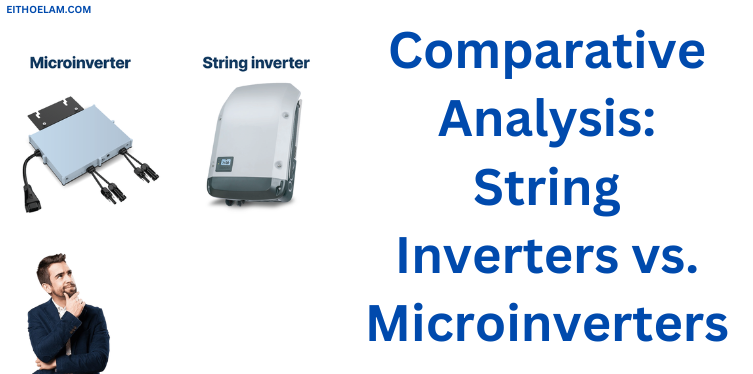Introduction
More and more people are installing solar panels in homes, bringing many people to a decision between leasing or buying the solar panels. But leasing solar panels helps to reduce electricity costs while it promotes environment-friendliness through this renewable source of energy.
This article details the pros and cons of leasing or purchasing solar panels. It then proceeds to the Frequently Asked Questions section.
Benefits of Buying Solar Panels
1. Complete Ownership
When you buy solar panels, you fully own the system, allowing you to enjoy the energy savings and increase your property’s value.
2. Long-Term Savings
Although the initial amount of buying is more, people can save a lot of money in the long run by not paying electricity bills.
3. Incentives and Tax Benefits
Most governments offer tax credits and rebates, among other incentives, to promote the sales of solar panels. This greatly lowers the initial cost.
4. Control Over Electricity Bills
With your photovoltaic panels, you are generating electricity independently, so you don’t suffer from rocketing energy prices as much.
Also Read: How do solar panels work at night?
Disadvantages of Purchasing Solar Panels
1. Expensive installation costs
One pays at the outset in purchasing solar panels. Even with incentives, cost remains a major challenge.
2. Liability for service
Having solar panels requires a constant servicing and maintenance of them. Although they are low in upkeep, occasionally, they need to be serviced.
Advantages of Leasing Solar Panels
1. Low Initial Investment
The leasing of the solar panels typically requires little or no front money, making it easier for people who cannot make the big investment.
2. No Maintenance
Maintenance is the responsibility of the leasing company, saving you time and hassle.
3. Lower Electricity Cost
This way, the savings on electricity bills through leasing may still be realized, but lower than buying.
The disadvantages of solar panels leasing.
1. No Ownership
This means that leasing gives the panels to the leasing company, and your rights to the panels are only to their usage for a certain number of years.
2. Limited Savings
However, the savings on electricity with leasing may be less compared to buying because of the additional monthly leasing fee.
3. Potentially Rigid Lease Terms
Lease terms are typically very strict and sometimes oblige you to stay there for several years. Leasable agreements need careful checking before signing them.
Which is Right for You?
If one has to decide on either buying or leasing the house based on their financial objectives and long-term plans and priorities, then it has been ascertained that there’s a better choice with every individual’s priorities. However, if one is looking at less upfront cost, one will probably want to go in for leasing.
FAQs
1. What is the difference between leasing and buying solar panels?
Leasing will allow you to use solar panels without owning them. You may get full ownership and greater long-term savings when purchasing.
2. How much does it cost to purchase a solar panel?
The cost depends on the size of the system, or installation requirements; however, several thousand dollars would be a minimum. Government incentives can help reduce these costs.
3. Can I still save money by leasing?
Indeed, leasing cuts your electric bill, but the saving in that case would be marginally lesser had you bought the panels.
4. How long will solar panels last?
The average life of a solar panel is 25-30 years, though their ability to generate electricity may decline over those years.
5. Is leasing solar panels safe?
After all, leasing is generally safe, but one needs to review the lease terms and conditions to ensure it suits your needs.
6. Which option is more profitable in the long run?
Buying solar panels is usually better in terms of finances as you get to save even more. However, it is cheaper for those who prefer low initial costs and have no maintenance.
Conclusion:
It all depends on the financial condition of the person and his long-term goals. But it saves electricity bills and contributes to renewable energy. This is bound to decrease one’s carbon footprint.
Disclaimer: This research utilizes artificial intelligence (AI) to gather insights and support analysis on the topic.










Leave a Comment